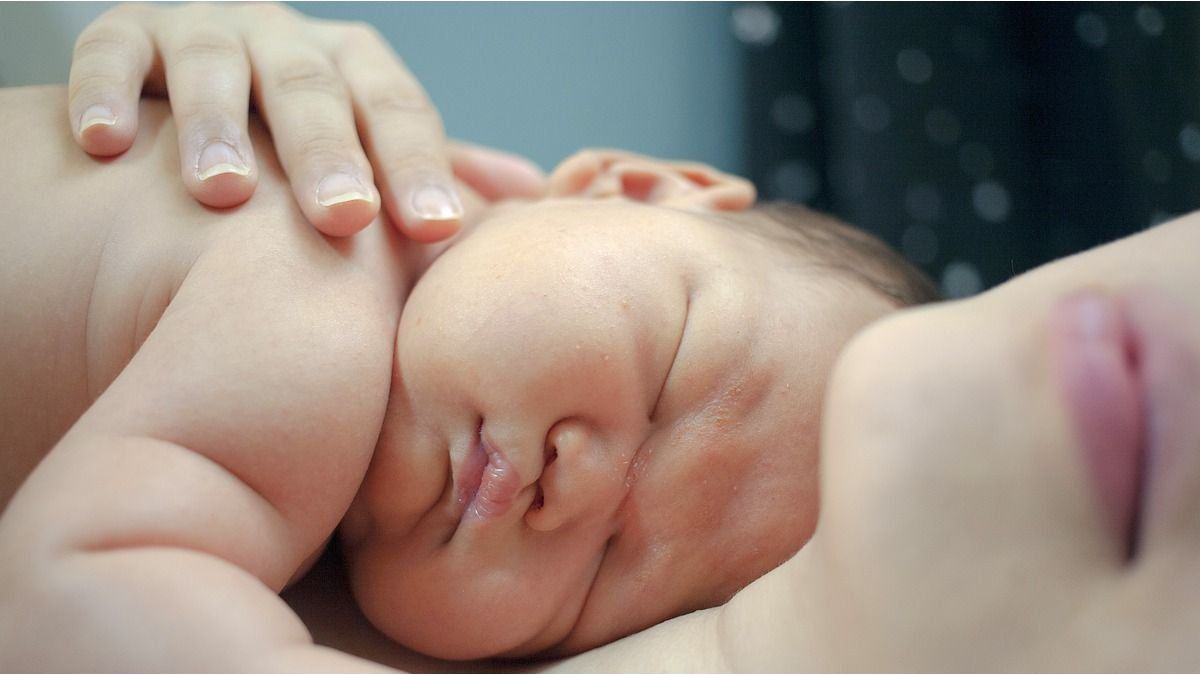This condition is underdiagnosed and even less understood. Learn how to support someone in this situation.
Some mothers after giving birth suffer from postpartum depressionIts cause involves mental, emotional, genetic, environmental factors, brain alterations, brain inflammation and hormonal changes, and it has been observed that it has repercussions on the development of the baby’s mental health.
The content you want to access is exclusive for subscribers.
His treatment and prompt attention will depend on your early identification. It is important to be watch for symptomsgive it importance and consult doctors.


relatives-with-depression.jpg

What is postpartum depression?
Postpartum depression is a depression that appears after giving birth. It is an underdiagnosed and even less understood condition. The duration varies from a few months with proper treatment, and if no treatment is installed, it can last up to one or two years.
The appearance of postpartum depression can have consequences for optimal development of the babyof other children and of the couple. It can affect home, work and social activities.
What are the signs of postpartum depression?
Symptoms of postpartum depression include:
- Depressed mood
- Decreased interest or pleasure in activities performed
- Weight loss or weight gain greater than expected during pregnancy
- Constant insomnia or difficulty sleeping
- Psychomotor agitation or retardation
- Fatigue or loss of energy
- Feelings of worthlessness or guilt
- Decreased ability to concentrate or recurring thoughts of death or suicidal thoughts.
Depression.jpg

How to support a person suffering from postpartum depression
To support people suffering from postpartum depression the couple plays an important role. Many times This condition is normalized after childbirth, but it needs to be treated.
The first step is consult with doctorswho will guide them along the most appropriate path.
The father can provide the following supports:
- Help with baby’s activities: bathing, changing diapers, and helping the baby to sleep.
- Avoid physical and emotional overload for the mother.
- Help with household chores.
- Set boundaries with friends and family.
- Answer the phone. Deliver a message.
- Prepare dinner.
- Accompany mom to doctor’s appointments.
- Learn about postpartum depression.
- Write down any concerns and questions you have and discuss them with your doctor or therapist.
- Make a list together of things that can provide you with an outlet so you can both refer to it when you need a break.
- Don’t think that the mother is pretending or that she is just doing it to get attention.
The most important thing is be present. Spending time together, alone as a couple, letting him know that you are there. And, while it is true that this is not always easy to do, especially with someone who seems so sad or distant, five minutes a day is a good starting point.
The couple maintains a very important emotional bond, which will help mom to overcome this postpartum process.
Source: Ambito
I am an author and journalist who has worked in the entertainment industry for over a decade. I currently work as a news editor at a major news website, and my focus is on covering the latest trends in entertainment. I also write occasional pieces for other outlets, and have authored two books about the entertainment industry.




